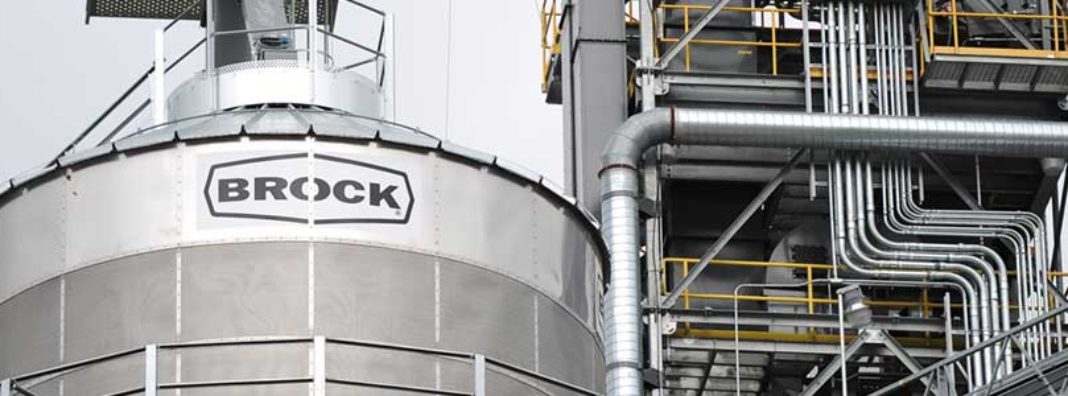
Corn industry lobbyists are pressuring Congress to stop the Environmental Protection Agency from waiving so many refineries’ compliance obligations under the Renewable Fuel Standard.
The RFS requires that refiners mix certain amounts of ethanol into their gasoline; the waivers exempt small refineries facing economic hardships from having to meet the mandate. The lobbyists claim the Trump administration is granting exemptions recklessly, undermining the congressional intent of the RFS in the process. But what exactly was the original intent for the RFS?
Former President George W. Bush’s original vision for the RFS was fairly clear: Use domestic biofuels to help secure energy independence and benefit the environment. Now that advancements in hydraulic fracturing have turned the United States into an energy exporter, there’s little need for greater energy independence. That leaves protecting the environment as the other central purpose of the RFS.
And academic research released since the RFS’s initial passage demonstrates that government support for corn ethanol drives habitat degradation, waterway pollution, and consumes unsustainable amounts of water. Perhaps most disappointingly, corn ethanol does little to nothing to help combat climate change.
Ethanol production requires vast expanses of farmland to supply the corn for the Renewable Fuel Standard mandate. When the RFS mandate ballooned in 2007, farms began springing up outside the traditional Corn Belt and into areas not naturally suited for farming corn. The RFS mandate made it profitable to farm fields that had previously been set aside for environmental protection and regeneration. The Conservation Reserve Program, which pays farmers to leave highly erodible and environmentally sensitive land unfarmed, took an especially pronounced hit. Farms representing 44 percent of expiring land between 2007 and 2013 opted not to re-enroll, largely to take advantage of the RFS by growing more corn.
In addition to land, meeting the ethanol mandate uses enormous quantities of water. Producing ethanol requires drastically different volumes of water depending on whether the corn is irrigated. Using unirrigated corn to produce E85, a high-ethanol fuel, consumes a quart of water per vehicle mile traveled — roughly twice as much as conventional gasoline. Traveling the same mile with E85 made entirely from irrigated corn would take 28 gallons — 112 times the water consumed if the corn had not been irrigated. Importantly, the high volumes of the ethanol mandate encourage corn farming to expand outside the rainy core of the Corn Belt and into drier areas, requiring more irrigation. Many dry Midwestern towns are already draining their aquifers at an unsustainable rate. Mandating the use of corn ethanol can only exacerbate the problem.
The ethanol mandate not only increases water consumption but pollutes the water as well. Corn demands large amounts of nitrogen, a nutrient which farmers supplement with lots of fertilizer. In farms across the Corn Belt, runoff from that fertilizer pollutes neighboring waterways and eventually inundates the Mississippi River. Among the many consequences of excess nitrogen runoff are the resulting hypoxic dead zones that are created in nearby bodies of water, where oxygen levels in the water are so low that marine life grows sick and even dies. Estimates by environmental economists show that one such dead zone in the Gulf of Mexico expands about 30 square miles for every billion gallons of ethanol produced.
Of course, no existing transportation fuel is completely free of adverse environmental impacts. Negative effects of ethanol use and production might be worth these environmental costs if, for instance, it lowered carbon emissions and helped tackle problems associated with climate change. Yet even the most optimistic research reports conclude that ethanol emits only slightly less carbon dioxide than gasoline on a lifecycle basis. For other pollutants, like respiratory illness-causing tropospheric ozone, ethanol may actually be worse.
Biofuel lobbyists might be right that the EPA is abusing the original intent of the small refinery hardship waivers, but an even more fundamental question is whether the RFS mandate fulfills its original purpose at all. Given the evidence that the RFS actively degrades the environment without mitigating climate change, it would seem the mandate has not been a success.
A multibillion-gallon mandate needs strong justification, but the environmental record for corn-based ethanol provides just the opposite.


 Washington Examiner
Washington Examiner